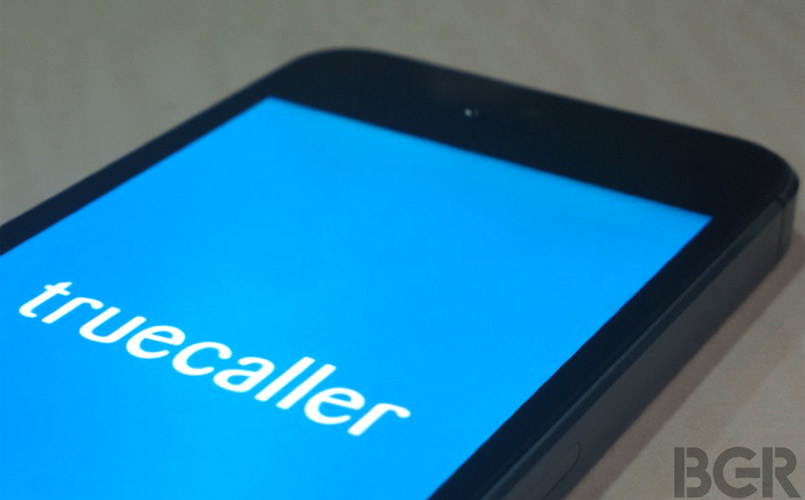- Truecaller Scouts for Local Talents to Hire
Swedish technology, True Software Scandinavia AB, developers of Truecaller application, plans to expand its operation to Africa. It will require local talents in Nigeria to help drive its plans to offer seamless services to its million users in the country.
Its Director and Head of Worldwide Developer Relations, Priyam Bose, who spoke on the sideline of the kick-off of its Africa launch event at CcHUB, Yaba, Lagos at the weekend, said Nigeria remains pivotal to its drive to establish presence on the continent.
He said: “We see Nigeria as one of the most promising eco-systems in Africa, that’s why we have decided to kick-off our tour in the market. After engaging with some of the top tech startups and digital businesses in the country, we are even more convinced that Truecaller SDK – mobile identity solution – will help solve many of their challenges when onboarding and verifying new users.”
He said the company has more than 6.2 million users in Nigeria, adding that the user base has grown with over 80 per cent over the past year. “Truecaller is helping Nigerian users block more than 13 million calls, and 25 million spam SMS on a monthly basis,” he said.
During the exclusive meeting with reporters, developers and entrepreneurs to share their plans for the region, the company said it will set up headquarters in the region and hire key workers, who will help it drive its African dream.
Also, during the event, Truecaller unveiled its Developer Programme with Truecaller SDK, its mobile identity product for digital start-ups and app developers.
According to Bose, the Truecaller SDK enables third party app developers, digital businesses and startups to verify end users quickly and seamlessly by utilising their Truecaller profile with a one-touch and password free experience.
He said the Truecaller SDK is available on Android, iOS and web platforms and can be used by any app or a website to instantly onboard, autofill user information, or verify the user’s phone number based identity through the users’ consent.
Truecaller has become one of the fastest growing consumer apps in Africa, and has consistently been topping the App Store Charts across the continent for the past two years. The app, which allows people to see who is calling and filter out spam calls and text messages, has already more than 50 million users in Africa. The service is helping users block more than half a billion spam calls on a monthly basis in the region, and more than 50 per cent of all messages being filtered is considered as spam.
In a recent study conducted by Truecaller, South Africa, Nigeria, Kenya and Egypt rank among the top 20 countries in the world being plagued by unwanted spam calls.


 Forex2 weeks ago
Forex2 weeks ago


 Naira2 weeks ago
Naira2 weeks ago
 Billionaire Watch1 week ago
Billionaire Watch1 week ago




 Naira2 weeks ago
Naira2 weeks ago




 Naira1 week ago
Naira1 week ago




 Naira4 weeks ago
Naira4 weeks ago
 Nigerian Exchange Limited4 weeks ago
Nigerian Exchange Limited4 weeks ago


 Naira3 days ago
Naira3 days ago





















